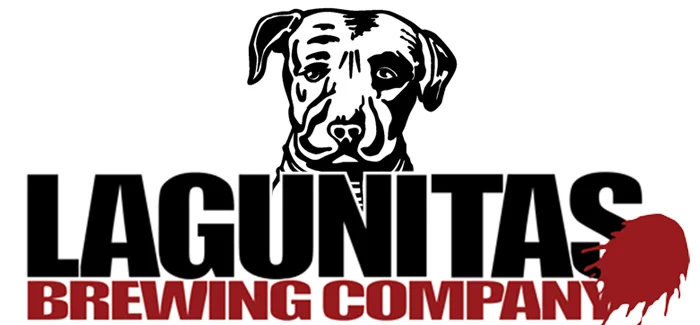People have been talking about “independence” in the beer industry for decades. A recent push by the Brewers Association to make this case seems to be gaining traction. One would therefore assume member breweries are happy. So why aren’t they?
Read MoreWe have passed the period of most exaggerated experimentation and now seem to be fine-tuning IPAs rather than remaking them entirely. A few notes on the current state of affairs.
Read MoreGeorge Floyd was killed a month ago today. In the aftermath of his death, many companies are trying to figure out how to respond.
Read More“The decision was easy: get that beer into bottles as soon as possible and get it into the hands of our supporters who would hopefully like to enjoy it. If Rosenstadt had any chance of survival, this would have to be it.” (Tobias Hahn, Rosenstadt)
Read MoreThe final numbers from the OLCC for 2019 are out. They show legacy breweries losing ground while newer breweries pick up the slack in an otherwise flat year.
Read MoreFor decades, the non-alcoholic beer segment has been tiny, anemic, and honestly, studded with sub-par products. As a consequence, it constitutes a rounding error in terms of total beer volume. New breweries like Athletic and Surreal are making craft-inspired non-alcoholic beer now, but will they find a market?
Read MoreBranding and marketing—boring. Maybe so, but it’s also essential, and Brewers Association economist Bart Watson tells you why. Also, a helpful guide from a branding agency.
Read MoreA very sad announcement today that Czechia’s Pivovar Kout na Šumavě has closed. It was one of the most interesting breweries in the world.
Read MoreA two-year-old Chicago concern that touts “great craft beer and golf simulators,” today announced it had purchased Ballast Point. Named Kings and Convicts in honor of its Australian and English founders, the company has 334 Instagram followers. Upon hearing the news, every living being on the planet responded: “Who?”
Read MoreDecisions have consequences that may not be evident for years or even decades. Widmer started discussions with A-B in 1995 and the brewery wasn’t fully acquired for another quarter century. Here’s the story of one fateful decision.
Read MoreSix weeks ago, Portland cidermaker Abram Goldman Armstrong sent out a press release seeking investors for his cidery, Cider RIot! I am sad to report that he was unable to find any and has announced the closure of Cider RIot effective November 9th.
Read MoreLompoc Brewing, founded 23 years ago, becomes the fifth Portland brewery in recent months to announce it’s shutting down permanently. Is the end nigh, or is this the new normal?
Read MoreIn separate incidents this week, Founders and Lagunitas engaged in behavior that boggles the mind. And they’re the kind of things one can’t imagine them doing if they were still corner breweries in Grand Rapids and Petaluma.
Read MoreA lot of changes announced in the beer industry this week. Boulder Beer is scaling back, and Legacy Breweries—Ninkasi’s new parent company—has made its first two acquisitions in Porltand’s Laurelwood and Colorado’s Aspen breweries.
Read MoreWhat causes us to like certain beers and certain breweries? What force guides our hand to one product at the store and not another? We think we are the masters of these choices, but something deeper is at play. In the second of a two-part series, I examine the role of breweries in this process.
Read MoreYesterday, Dogfish Head and Boston Beer announced they were planning to merge. How will a legacy brewery with an old flagship, one increasingly focused on non-beer products, integrate with a company that has for two decades defined experimentation and reinvention for American beer? I guess we’re about to find out.
Read MoreConstellation was crazy to spend a billion dollars on Ballast Point in late 2015. But what if hazy IPAs had never become a trend?
Read MoreA new economics term will unlock the secrets of beer.
Read MoreWith apologies to Tolstoy, successful breweries are all alike, but each failing brewery fails in its own way.
Read MoreThe news is shocking, but it isn’t terribly surprising. BridgePort has lost over three-quarters of its Oregon volume since 2010, and hasn’t adapted to the modern market.
Read More



















